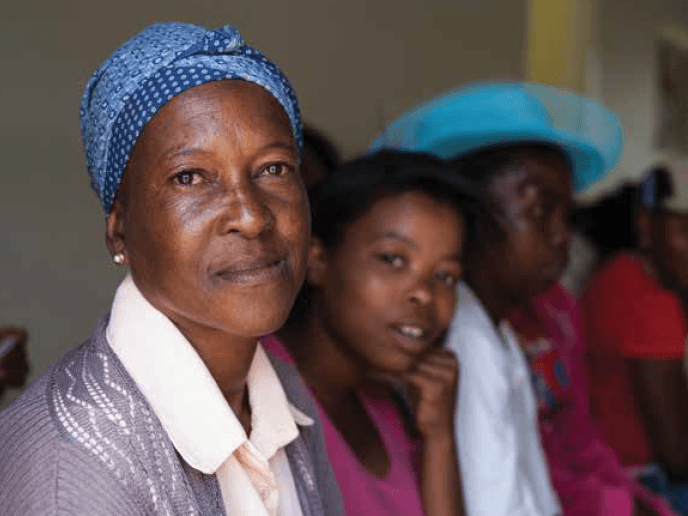The TB and HIV epidemics are closely linked in Africa: approximately 32 percent of people with TB in the African region are also living with HIV (a proportion that exceeds 50 percent in parts of Southern Africa). It is estimated that TB is responsible for one in three HIV deaths.1 After three clinical trials demonstrated that initiating antiretroviral therapy (ART) early during TB treatment is safe and greatly increases survival among TB/HIV patients, the World Health Organization (WHO) revised its guidelines in 2010 to recommend that co-infected patients start ART as soon as possible after beginning TB treatment.
Despite the compelling scientific evidence and WHO endorsement, on-the-ground implementation of these guidelines has been slow to take root, resulting in delayed ART initiation among many coinfected patients. Barriers preventing timely ART initiation include health workers with inadequate TB/HIV management knowledge, experience, and confidence (e.g., insufficient awareness of the importance of early ART initiation and/or a lack of confidence managing complications); patient beliefs about TB/HIV co-treatment, such as fear of side effects; patients lacking resources to cover the cost of transportation to monthly clinic visits; and patients with insufficient social support (often as a result of HIV-related stigma).




